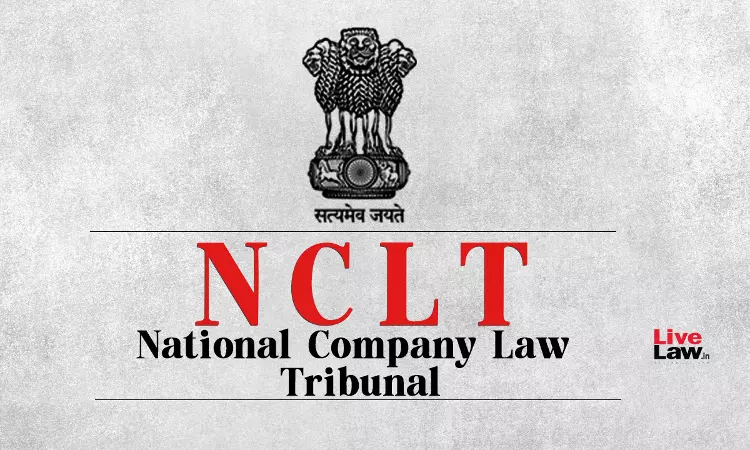Timeline For Filing Bankruptcy Application Under IBC Is Directory, Not Mandatory: NCLT Kochi
Mohd.Rehan Ali
7 Nov 2025 7:35 PM IST
The NCLT, Kochi Bench, comprising Vinay Goel (Member-Judicial) and Madhu Sinha (Member-Technical), has held that the three-month period for filing bankruptcy applications against personal guarantors under Section 121(2) IBC, 2016, is directory and not mandatory. Kerala Financial Corporation filed the application under section 123 of the IBC, 2016, seeking bankruptcy proceedings...
The NCLT, Kochi Bench, comprising Vinay Goel (Member-Judicial) and Madhu Sinha (Member-Technical), has held that the three-month period for filing bankruptcy applications against personal guarantors under Section 121(2) IBC, 2016, is directory and not mandatory.
Kerala Financial Corporation filed the application under section 123 of the IBC, 2016, seeking bankruptcy proceedings against personal guarantors. The application was filed with a delay of over 266 days past the statutory window of three months.
Contention of the Parties
The applicant contended that the delay was caused by ongoing asset sales and requisite administrative approvals.
The respondent argued that under section 121(2) of the IBC, the bankruptcy application should have been filed within three months of the order of the adjudicating authority. The said provision doesn't allow condonation of delay; therefore, the application is not maintainable.
Observations of the NCLT
The NCLT observed that in cases of personal guarantors, the moratorium is governed by sections 96 and 101, and it remains in force only for 180 days from the date of admission or until the Adjudicating Authority passes an order on the repayment plan under Section 114, whichever occurs earlier.
Relying on the ruling of B.K. Educational Services Pvt. Ltd. v. Parag Gupta & Associates (Civil Appeal No. 23988 of 2017), the bench reiterated that the provisions of the Limitation Act apply to the proceedings under IBC; therefore, it is empowered to invoke section 5 of the Limitation Act for condonation of delay.
“If rigid adherence to the prescribed timeline frustrates the object of the statute or results in undue hardship, a more flexible interpretation may be warranted,” the bench observed.
Therefore, in appropriate cases, procedural timelines, though expressed in mandatory terms, may be construed as directory, especially where the statute does not prescribe specific penalties for non-compliance and where substantive rights would otherwise be defeated.
The bench concluded that section 121(2) of the IBC is silent as to the consequences or penalty for noncompliance. In the absence of the penal consequences, the use of the word “shall” in this context may be construed as directory rather than mandatory.
Such absence, coupled with the discretionary power conferred upon it, supports the view that such provisions are directory and not mandatory.
With the above observations, the tribunal condoned the delay in filing the bankruptcy applications under Section 123 of the IBC, 2016.
Case Name: Kerala Financial Corporation v. Dr. Bharath Chandran & Dr. Ashalatha Nair
Case No.: IA(IBC)/117/KOB/2025 & IA(IBC)/121/KOB/2025 in CP(IBC)/24/KOB/2022 & CP(IBC)/23/KOB/2022
For Applicant: Mr. Vinod P. V., Advocate
For Respondent: Mr. Liju V. Steephen, Advocate, and Mr. M. Sreekumar, Advocate
Coram: Shri Vinay Goel (Member-Judicial) and Smt. Madhu Sinha (Member-Technical)
Order Date: 03.09.2025
Click Here To Read/Download The Order



